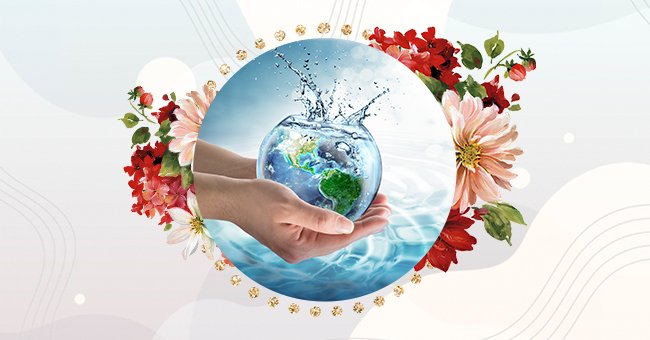
A Guide On Doing Your Part To Save The Oceans This Summer
The oceans, unfortunately, are sick with plastic and pollution, suffocated and exploited by man. But all is not lost; there is still time to save "the lungs of the Earth." We can all contribute with small daily actions.
Our oceans, essential for the health of our planet, suffer. They suffer because they have become a massive landfill of all kinds of waste. For example, every year, 570,000 tons of plastic end up in the Mediterranean waters, the equivalent of 33,800 plastic bottles thrown into the sea every minute.
Faced with such a compromised scenario, it is normal to get discouraged and think that there is nothing more to be done. But the reality of the facts is different. Saving the oceans is possible, but we must act together. And immediately.
Stop Using Single-Use Plastics
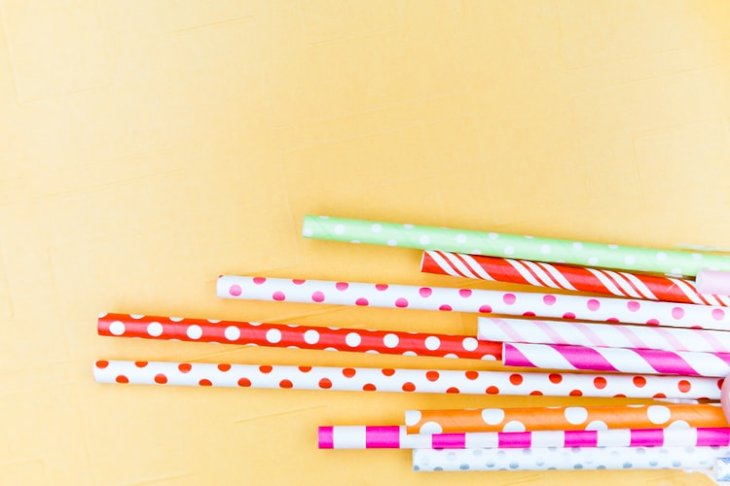
Photo by Markus Winkler on Unsplash
The EU and the UK are considering banning all single-use plastics, and Canada is finally discussing a ban on single-use straws. When ordering a drink in a restaurant, reject the straw. Instead, choose paper or glass containers. It is also better to have a reusable bag instead of plastic bags when shopping.
From now on, these regulations must no longer be the exception but the rule worldwide. But, while waiting for this to happen, consumers need to pay more attention to the products they choose to use.
Stop Drinking Bottled Water
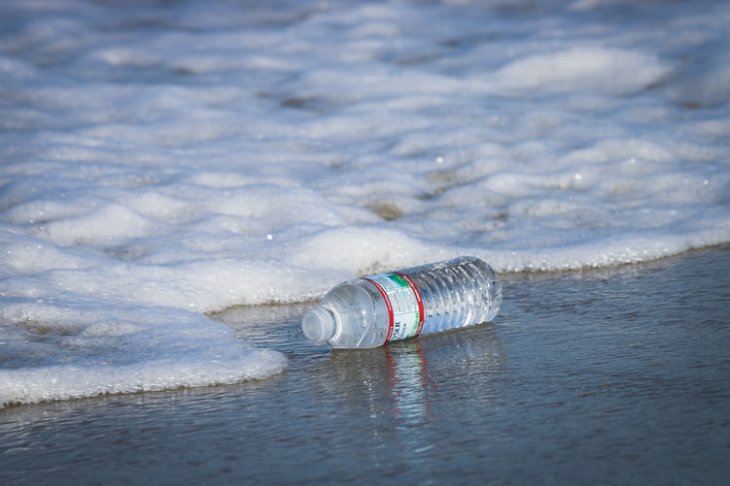
Photo by Brian Yurasits on Unsplash
When you travel, stop buying bottled water and invest in a Steripen instead. A Steripen is affordable and purifies tap and river water in thirty seconds. At home, instead of purchasing bottled water, use a reusable bottle to take with you. If you are concerned about quality, use a Brita to filter tap water.
Cut Back On Seafood
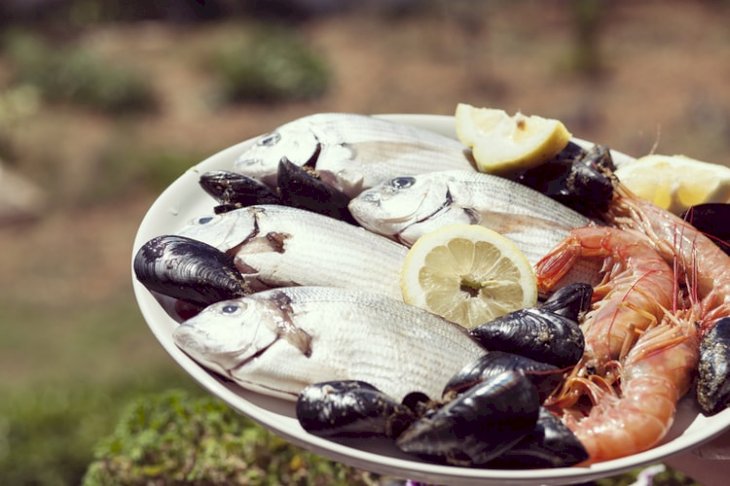
Photo by Frank Vessia on Unsplash
Many fisheries are poorly managed. As we learned from the movie Blue, 1/3 of all fish sold in supermarkets are caught illegally. When eating fish, choose options that are not over-exploited and that have a healthy stock.
Avoid Cosmetics With Microspheres
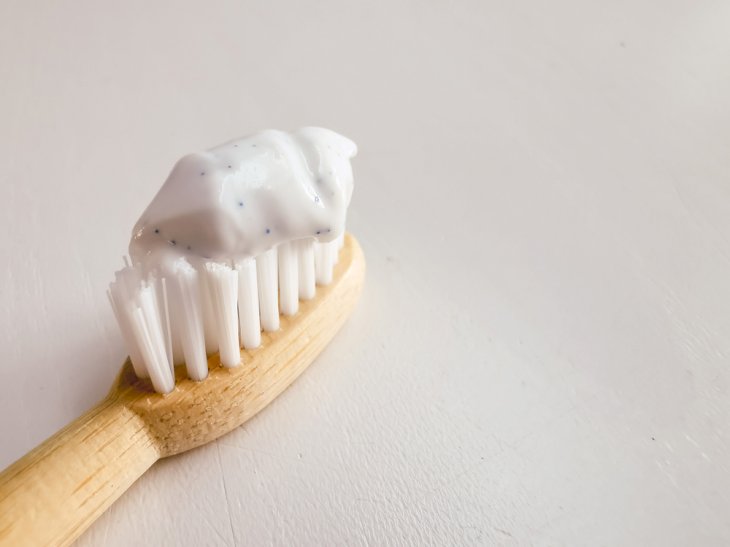
Shutterstock
More and more cosmetics contain microscopic plastic microspheres for use as inexpensive cleaners, emulsifiers, and fillers. In addition, facial cleansers, body washes, kinds of toothpaste, and deodorants may contain microspheres.
Skip Purchasing Items That Harm Wildlife
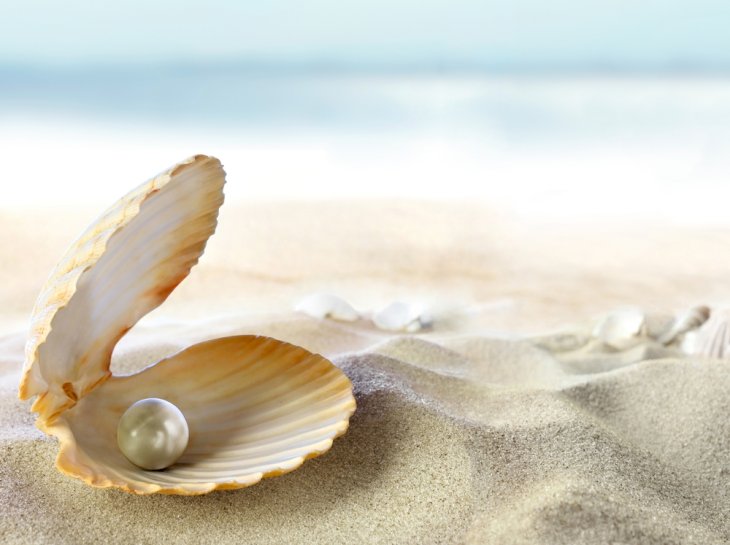
Shutterstock
Without a doubt, people still buy items made from endangered species. Especially in local markets when they can't be sure of the regulations. When shopping, be sure to avoid jewelry made from coral, shark teeth, or turtle shells.